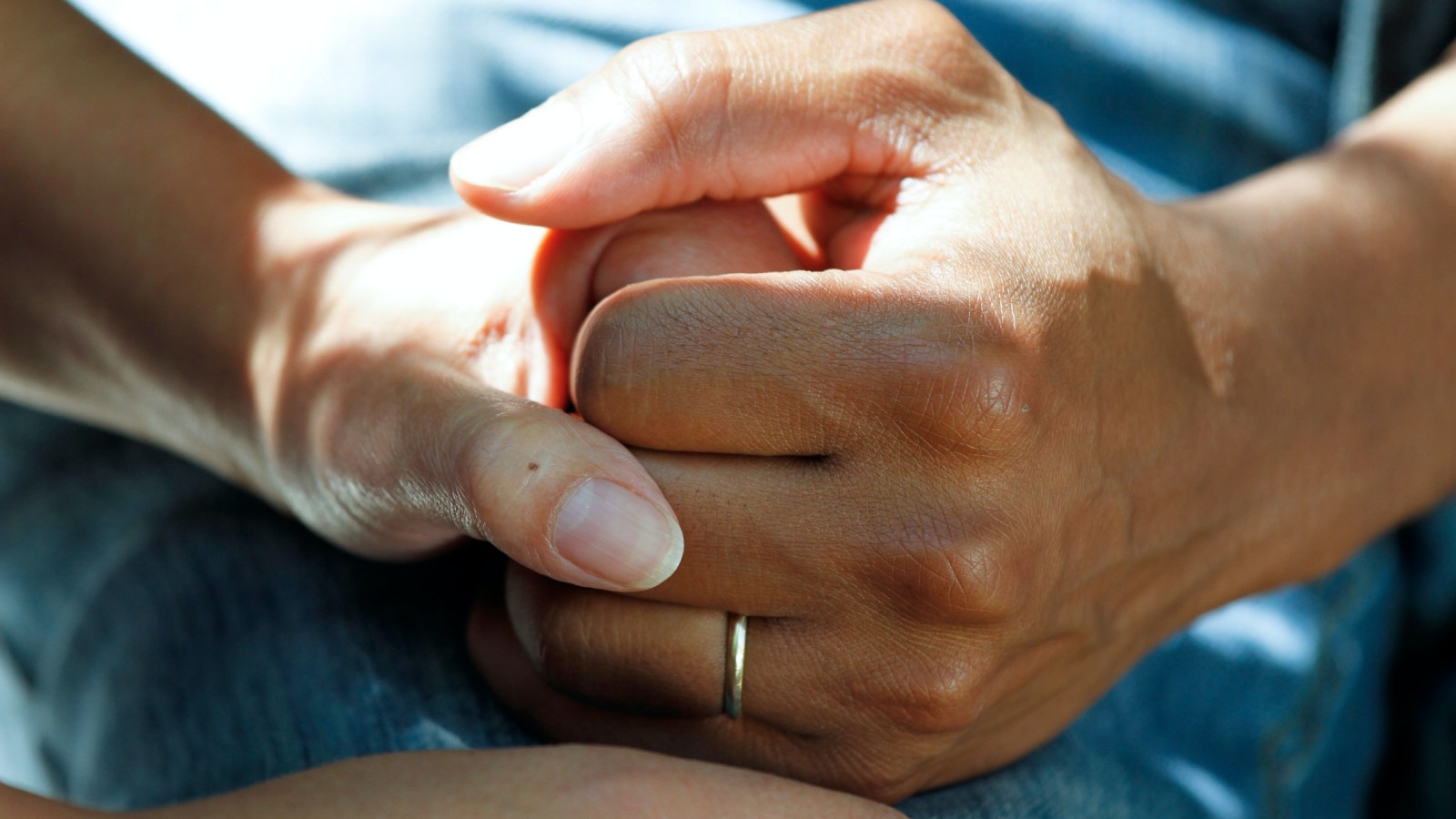Regardless of who you are, you are never immune to experiencing unexpected life-altering events that can cause trauma. After a traumatic event first occurs, you may not know what to do. This is normal. Often, trauma is paralyzing, and it prevents the mind from processing the way it would during non-traumatic moments. As such, your first instinct may be to ask others what to do.
While seeking guidance and support from others can certainly help, the best answer is whatever is best for you and your unique situation. With that said, here are four suggestions for how to recover after a traumatic event.
- Giving Things Time
It may sound cliche, but it is not ancient wisdom for no reason: As with many of life’s stressors, even the most difficult troubles can ease in time. When it comes to traumatic events, the same is true.
Depending on what happened, it can take weeks, months or even years to truly process trauma, and no two stories are the same. While talking to others with similar experiences can be helpful for support, it is unwise to compare your healing time with anyone else’s.
- Working With a Therapist
Even if you are someone who has previously doubted mental health therapy services, they may be worth reconsidering if you are trying to recover after a traumatic event. Because illness, death and disasters can be so reality-shattering, you may be dealing with a situation that you have never encountered before. As such, it may be necessary to reach out for help you have not considered before.
When it comes to therapy options, there are numerous to choose from. If you benefit from more traditional talking approaches, you may like communication, group, or cognitive-behavioral therapy. For individuals who seek a newer and alternative approach, there are also brainspotting and other eye movement desensitization and reprocessing options that are available.
- Finding Out Answers
For some people, one of the best ways to find clarity in difficult times is by immediately getting all of the facts in front of them to consider. If this sounds familiar, it may be helpful to face the reality of the situation head-on.
For others, it may take more time, though. Remember, healing is not a race. What one person may be able to handle or needs may not be the same as what someone else does. When it comes to facing trauma, it is best to act at your own pace.
- Making Time for Yourself
During this time, it may also be best to avoid making major life decisions. While it can be tempting to start over or run away right now, it is better to wait until your emotions have had time to settle. For this reason, it is also smart not to change your relationship status.
On the other hand, it may be extremely helpful to your healing if you use this time to focus on yourself. What kinds of things do you enjoy doing? Are there any hobbies or interests you have been meaning to pursue? What does your current work and job situation look like? Are you focusing on what matters most? It can be easy to lose track of daily priorities when you are processing trauma, so make sure you schedule necessary “you time” on a regular basis.
At the end of the day, no one understands your healing journey like you do. These four tips can offer guidance, but staying in touch with yourself throughout your processing of traumatic events is often the ultimate compass.
Remember, more serious mental conditions like PTSD can occur, so you should keep in tune with your emotions. If you find that you are struggling more than usual, do not hesitate to ask someone you trust for help.


